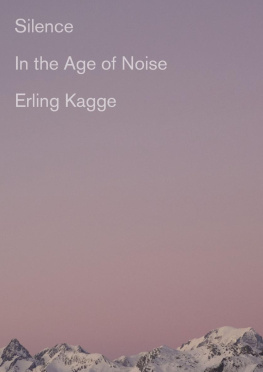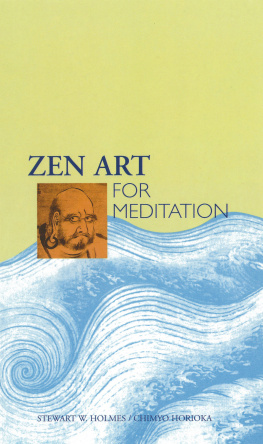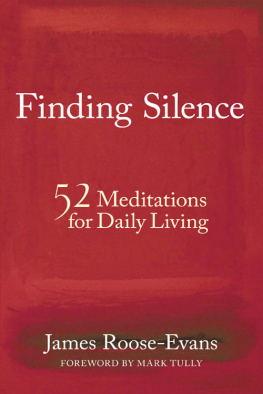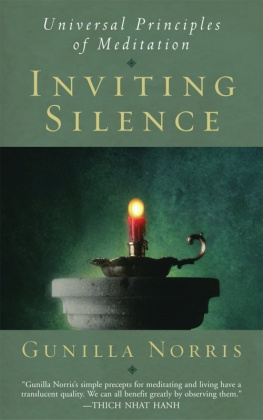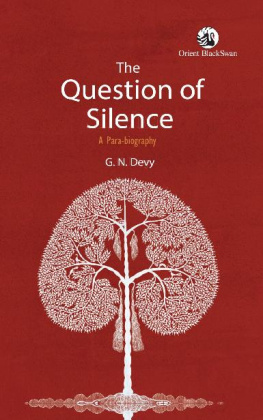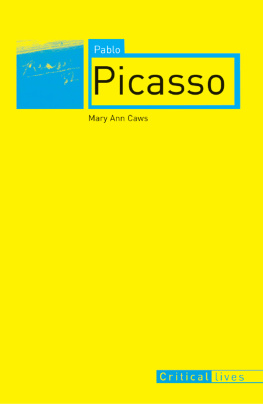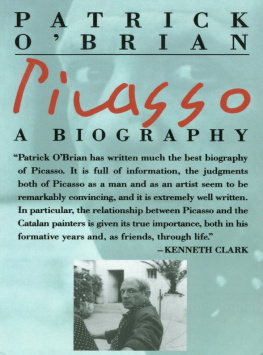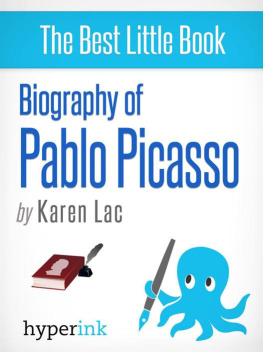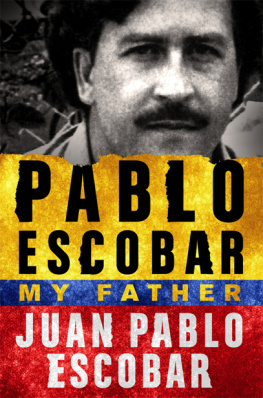Pablo J D Ors - Biography of Silence: An Essay on Meditation
Here you can read online Pablo J D Ors - Biography of Silence: An Essay on Meditation full text of the book (entire story) in english for free. Download pdf and epub, get meaning, cover and reviews about this ebook. year: 2018, publisher: Parallax Press, genre: Science. Description of the work, (preface) as well as reviews are available. Best literature library LitArk.com created for fans of good reading and offers a wide selection of genres:
Romance novel
Science fiction
Adventure
Detective
Science
History
Home and family
Prose
Art
Politics
Computer
Non-fiction
Religion
Business
Children
Humor
Choose a favorite category and find really read worthwhile books. Enjoy immersion in the world of imagination, feel the emotions of the characters or learn something new for yourself, make an fascinating discovery.

- Book:Biography of Silence: An Essay on Meditation
- Author:
- Publisher:Parallax Press
- Genre:
- Year:2018
- Rating:3 / 5
- Favourites:Add to favourites
- Your mark:
- 60
- 1
- 2
- 3
- 4
- 5
Biography of Silence: An Essay on Meditation: summary, description and annotation
We offer to read an annotation, description, summary or preface (depends on what the author of the book "Biography of Silence: An Essay on Meditation" wrote himself). If you haven't found the necessary information about the book — write in the comments, we will try to find it.
Biography of Silence: An Essay on Meditation — read online for free the complete book (whole text) full work
Below is the text of the book, divided by pages. System saving the place of the last page read, allows you to conveniently read the book "Biography of Silence: An Essay on Meditation" online for free, without having to search again every time where you left off. Put a bookmark, and you can go to the page where you finished reading at any time.
Font size:
Interval:
Bookmark:
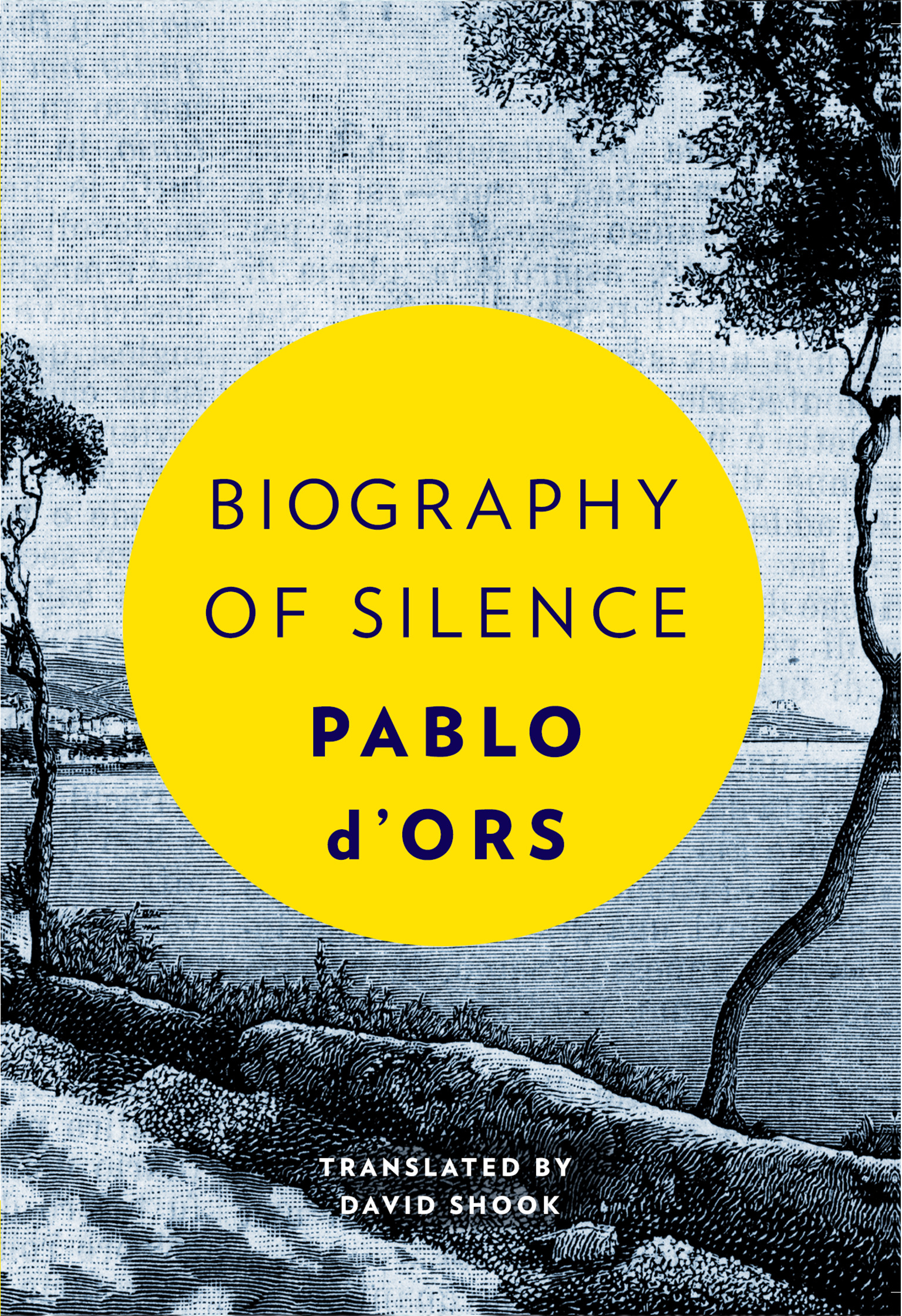
Critical Praise for Pablo dOrs
The particular intensity of dOrs writing recalls the best of Bolao.
PABLO M. ZARRACINA,
EL CORREO ESPAOL
There has been no greater innovation in Spanish fiction since Bolao, nor a more original literary approach.
MIHLY DS, LATERAL
Pablo dOrs is a sublime writer.
GABI MARTNEZ, QU LEER
Pablo dOrs is the most European of all Spanish writershis works are ontologies.
DIEGO MEDRANO, EL COMERCIO
The books written by Pablo dOrs are not like any other books.His is a traveled and cosmopolitan literature.
ELOY TIZN, AUTHOR OF
VELOCIDAD EN LOS JARDINES
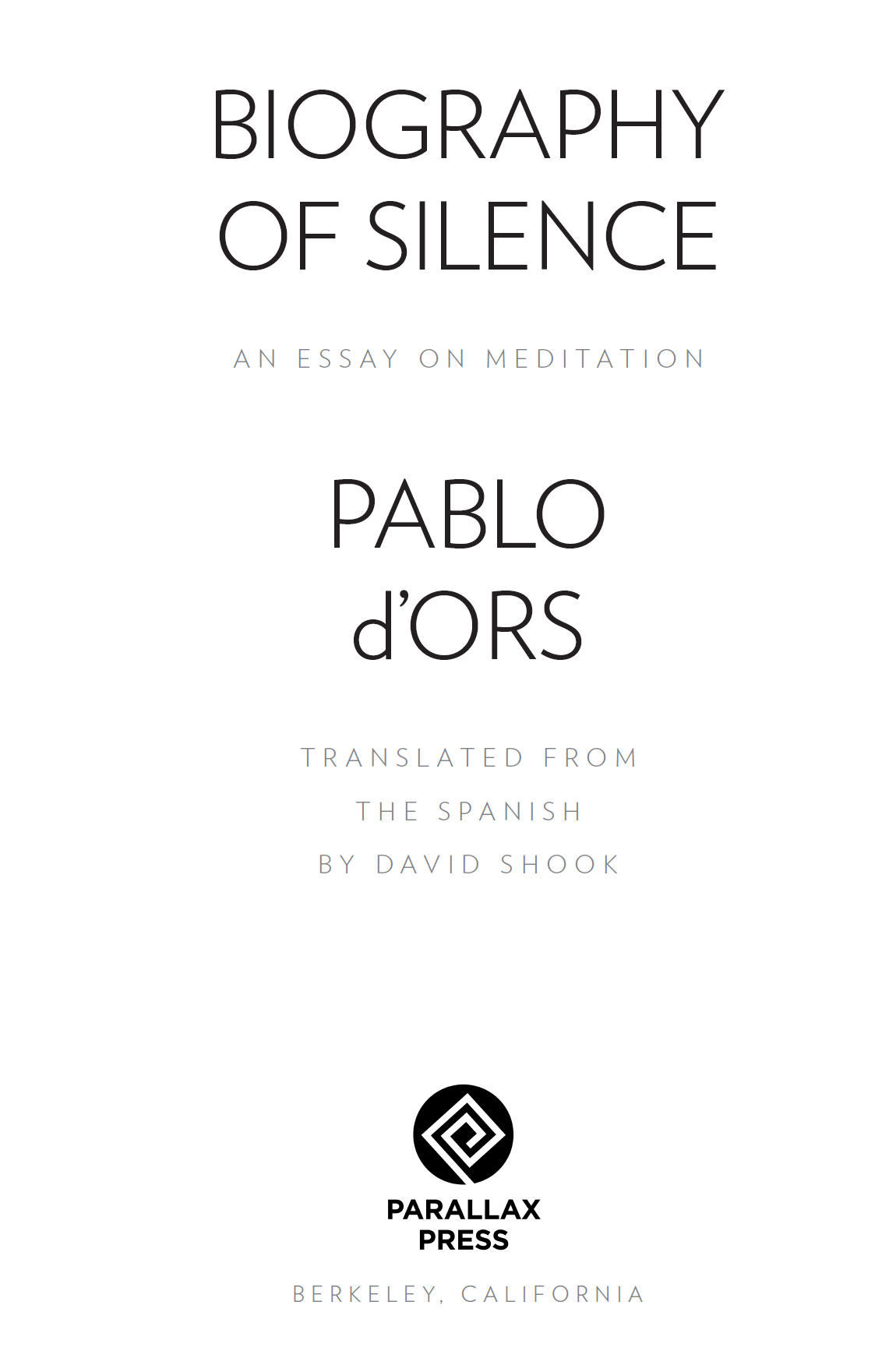
Parallax Press
P.O. Box 7355
Berkeley, California 94707
parallax.org
Parallax Press is the publishing division of Plum Village Community of Engaged Buddhism, Inc.
Copyright 2012 Pablo dOrs
Translation 2018 David Shook
All rights reserved
No part of this book may be reproduced in any form or by any means, electronic or mechanical, without permission in writing from the publisher.
Cover and text design by John Miller
Cover art Getty Images 737147
Library of Congress Cataloging-in-Publication Data
Names: Ors, Pablo J. d, 1963- author.
Title: Biography of silence : an essay on meditation / Pablo dOrs.
Other titles: Biografia del silencio. English
Description: Berkeley : Parallax Press, 2018.
Identifiers: LCCN 2018010891 (print) | LCCN 2018034949 (ebook) |
ISBN (ebook) 978-1-946764-24-9
Subjects: LCSH: Meditation.
Classification: LCC BF637.M4 (ebook) | LCC BF637.M4 O745 2018 (print) | DDC 158.1/28dc23
LC record available at https://lccn.loc.gov/2018010891
Ebook ISBN9781946764249
v5.3.2
a
To the memory of Mara Luisa Fhrer, my mother
If there is a real desire,
if the thing desired is really light,
the desire for light produces it.
There is a real desire
when there is an effort of attention.
It is really light that is desired
if all other incentives are absent.
Even if our efforts of attention
seem for years to be producing no result,
one day a light which is in exact proportion to them
will flood the soul.
Every effort adds a little gold
to a treasure which no power on earth can take away.
SIMONE WEIL
I BEGAN TO SIT TO MEDITATE in silence and stillness on my own account and at my own risk, without anyone to give me any basic notions of how to do so or to accompany me in the process. The simplicity of the methodsitting, breathing, quieting ones thoughtsand most of all, the simplicity of its intentionto reconcile a person with what they areseduced me from the beginning. As I have a tenacious temperament, I have remained faithful for several years to this discipline of simply sitting and gathering myself; and at once I understood that it was about accepting whatever camewhatever it might bewith good humor.
During the first few months I meditated badly, very badly; keeping my back straight and my knees bent was not at all easy for me and, as if that was not enough, I breathed with a certain agitation. I was perfectly aware that this sitting without doing anything was something as foreign to my education and experience ascontradictory though this seemsit was equally innate to who I was at my core. Nonetheless, there was something very powerful that pulled at me: the intuition that the path of silent meditation would guide me to encounter my own self at least as much or more so than literature, which I have always been very fond of.
For better or worse, since my earliest adolescence I have been someone very interested in delving into my own identity. That is why Ive been an avid reader. That is why I studied philosophy and theology in my youth. The danger of an inclination of this type is, of course, self-centeredness; but thanks to sitting, breathing, and doing nothing else, I began to notice that this tendency could be eradicated not through the path of struggle and renunciation, as the Christian tradition that I belong to had taught me, but through the path of absurdity and exhaustion. Because all self-centeredness, including mine, when taken to its most radical extreme, demonstrates its ridiculousness and impracticability. Soon, thanks to meditation, even my narcissism displayed a positive side: thanks to it, I could persevere in my practice of silence and stillness. And having a good image of yourself is necessary for spiritual progress.
FOR THE FIRST YEAR , I was incredibly restless when I sat to meditate: my back hurt, my chest, my legs.To tell the truth, almost everything hurt. Nonetheless, I soon noticed that there was practically never a moment when some part of my body did not hurt me; it was just that when I sat to meditate I became conscious of that pain. So I got in the habit of formulating questions: What hurts me? How does it hurt? And while I asked and attempted to answer myself, the truth was that the pain would disappear or simply change places. I did not take long to extract a lesson from this: pure observation is transformative. As Simone Weilwhom I began to read at that timewould say, there is no weapon more effective than attention.
The mental restlessness, which is what I perceived right after my physical discomfort, was no less a battle nor any more bearable an obstacle. On the contrary: an infinite boredom lay in wait for me during many of my sittings, as I began then to call them. I was tormented by the idea of getting stuck on some obsessive idea, which I was not sure how to eradicate, or on some disagreeable memory, which persisted in presenting itself just at the moment of my meditation. I breathed steadily, but my mind would be bombarded with some unfulfilled desire, with my guilt over one of my numerous mistakes, or with my recurrent fears, which tended to present themselves in new disguises each time. I fled all of this with considerable clumsiness; cutting short my periods of meditation, for example, or compulsively scratching my neck or nosewhere an irritating itch frequently showed up. I also imagined scenes from my life that might have happenedI am very imaginativeturning over phrases for future texts, given that I am a writer; composing lists of pending chores; recalling incidents from the day; daydreaming about tomorrow.Should I continue? I confirmed that remaining in silence with oneself is much more difficult than I had suspected before trying it. It did not take me long to come to a new conclusion: it was almost unbearable for me to be alone with myself, which was the reason why I constantly fled myself. This principle led me to the certainty that, as ample and rigorous as the analyses of my consciousness I had made during my decade of university education had been, my consciousness continued to be, after all that, a seldom frequented territory.
The sensation was that of someone writhing around in the mud. I had to wait some time for the clay to settle and the water to become clearer. But I am headstrong, as I have already said, and with the passage of the months I knew that when the water became clear, it would begin to fill with plants and fishes. I also knew that, with even more time and determination, these interior flora and fauna would grow richer the more they were observed. And now, as I write this account, I am amazed at how there once was so much mud where I now discover such varied and exuberant life.
Font size:
Interval:
Bookmark:
Similar books «Biography of Silence: An Essay on Meditation»
Look at similar books to Biography of Silence: An Essay on Meditation. We have selected literature similar in name and meaning in the hope of providing readers with more options to find new, interesting, not yet read works.
Discussion, reviews of the book Biography of Silence: An Essay on Meditation and just readers' own opinions. Leave your comments, write what you think about the work, its meaning or the main characters. Specify what exactly you liked and what you didn't like, and why you think so.

